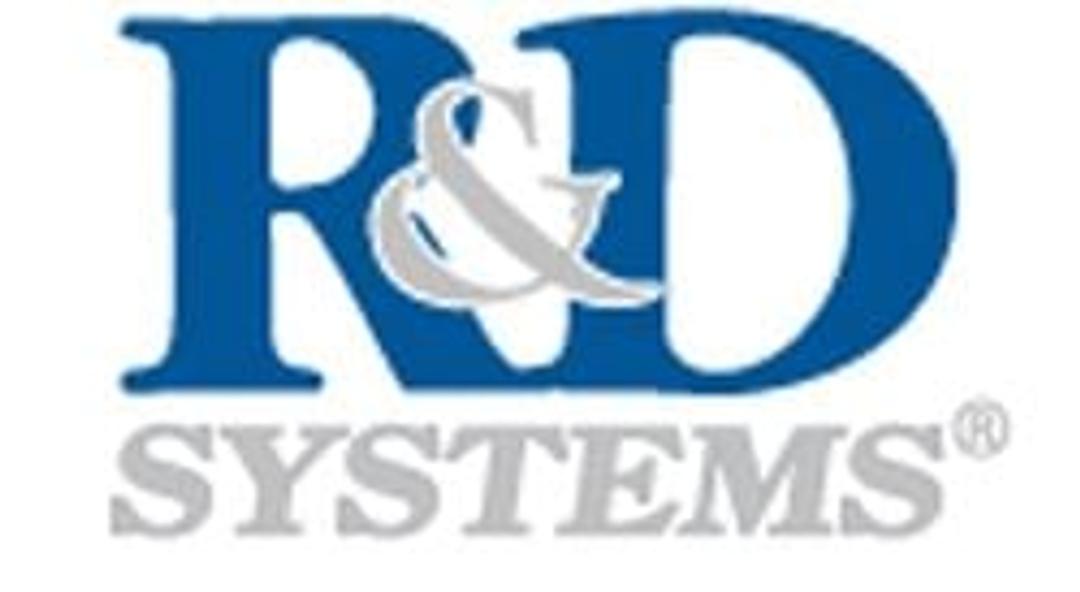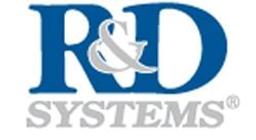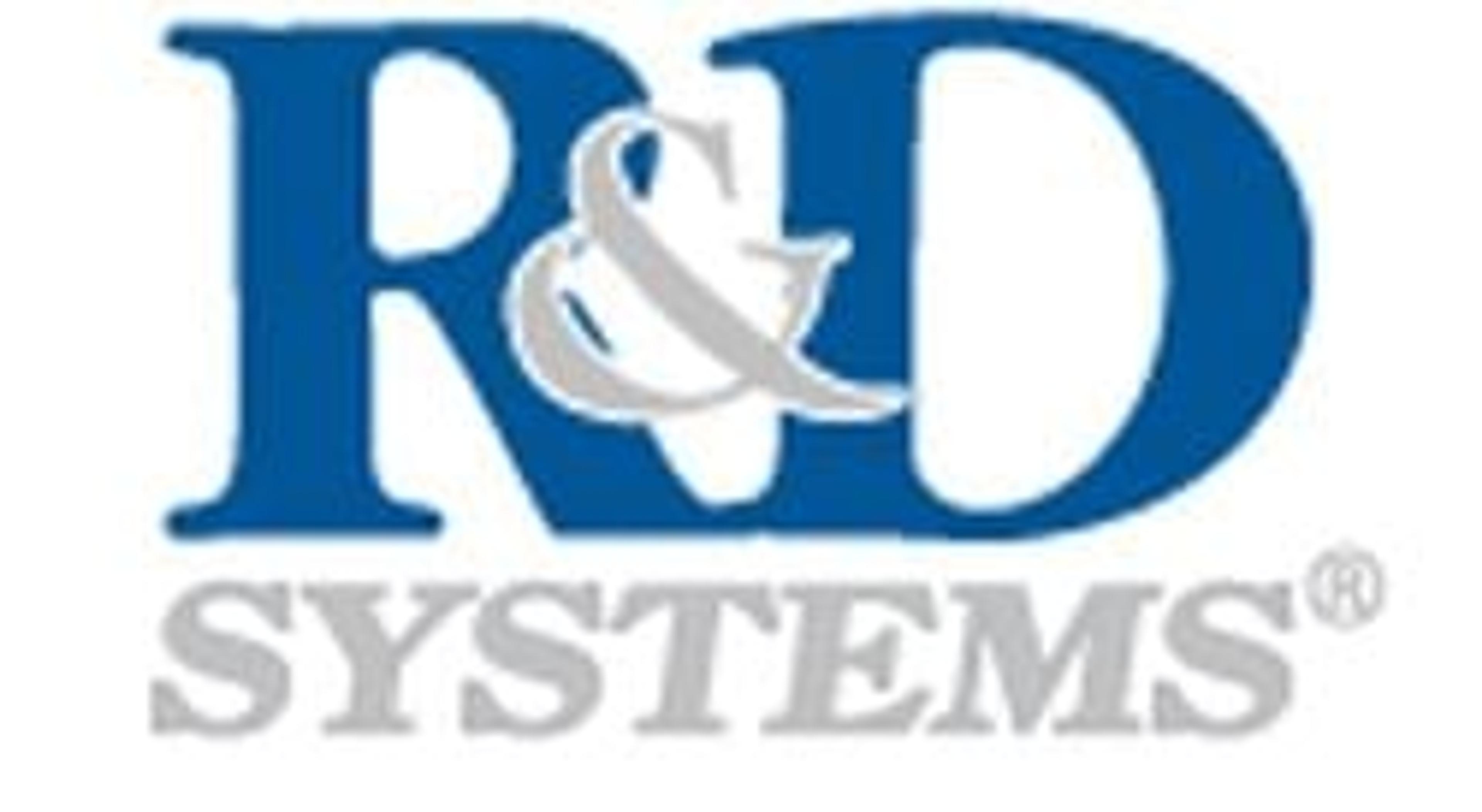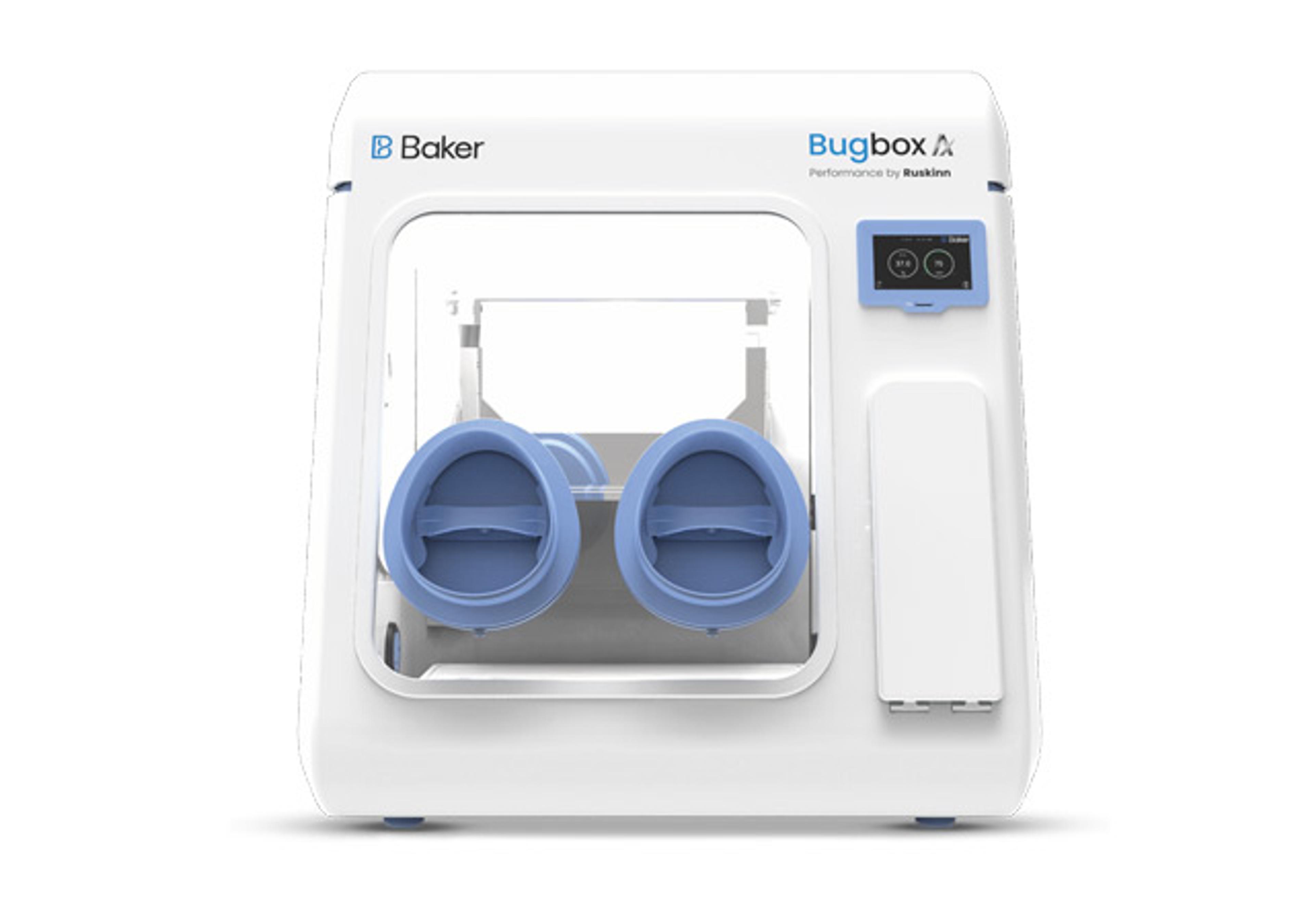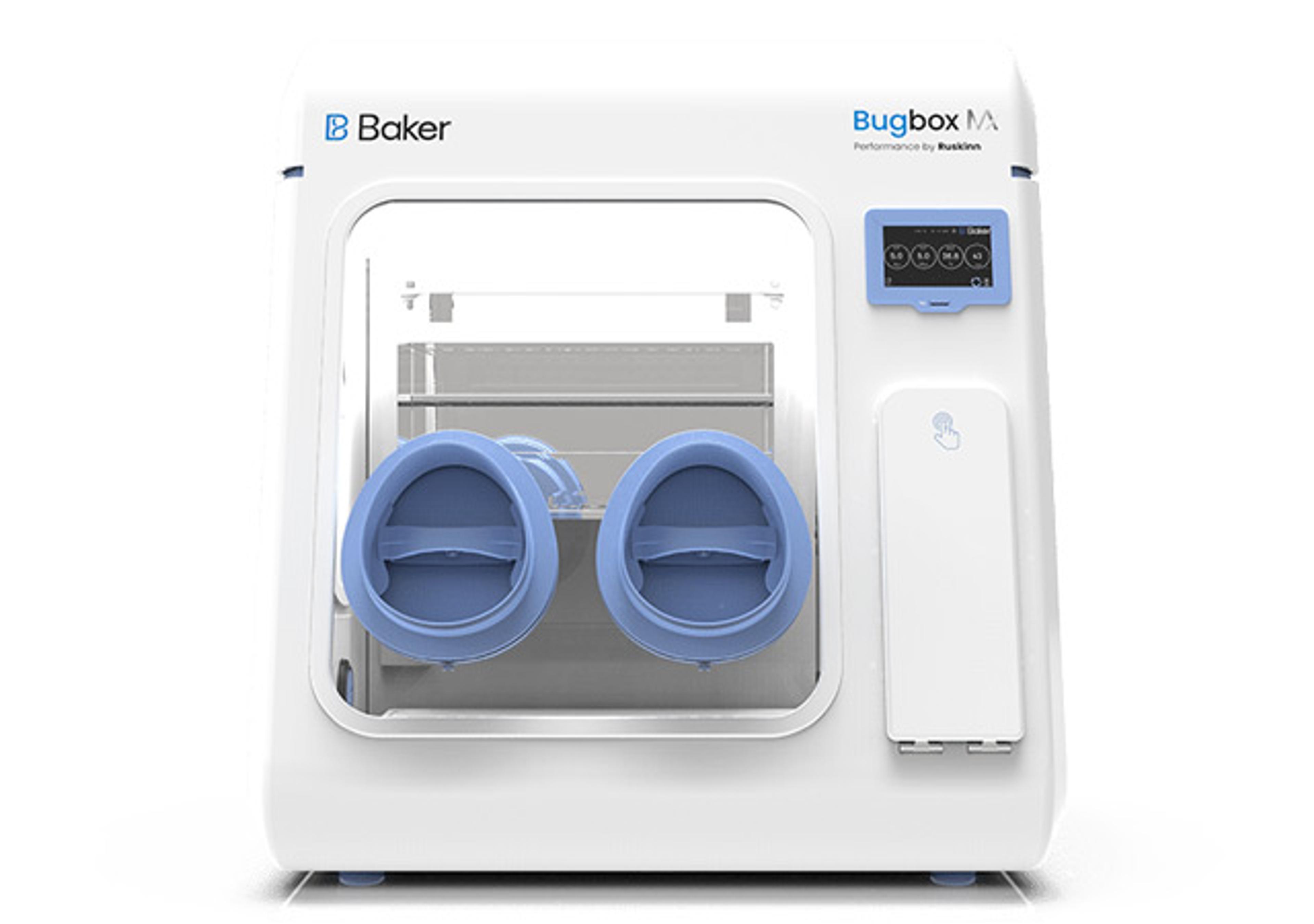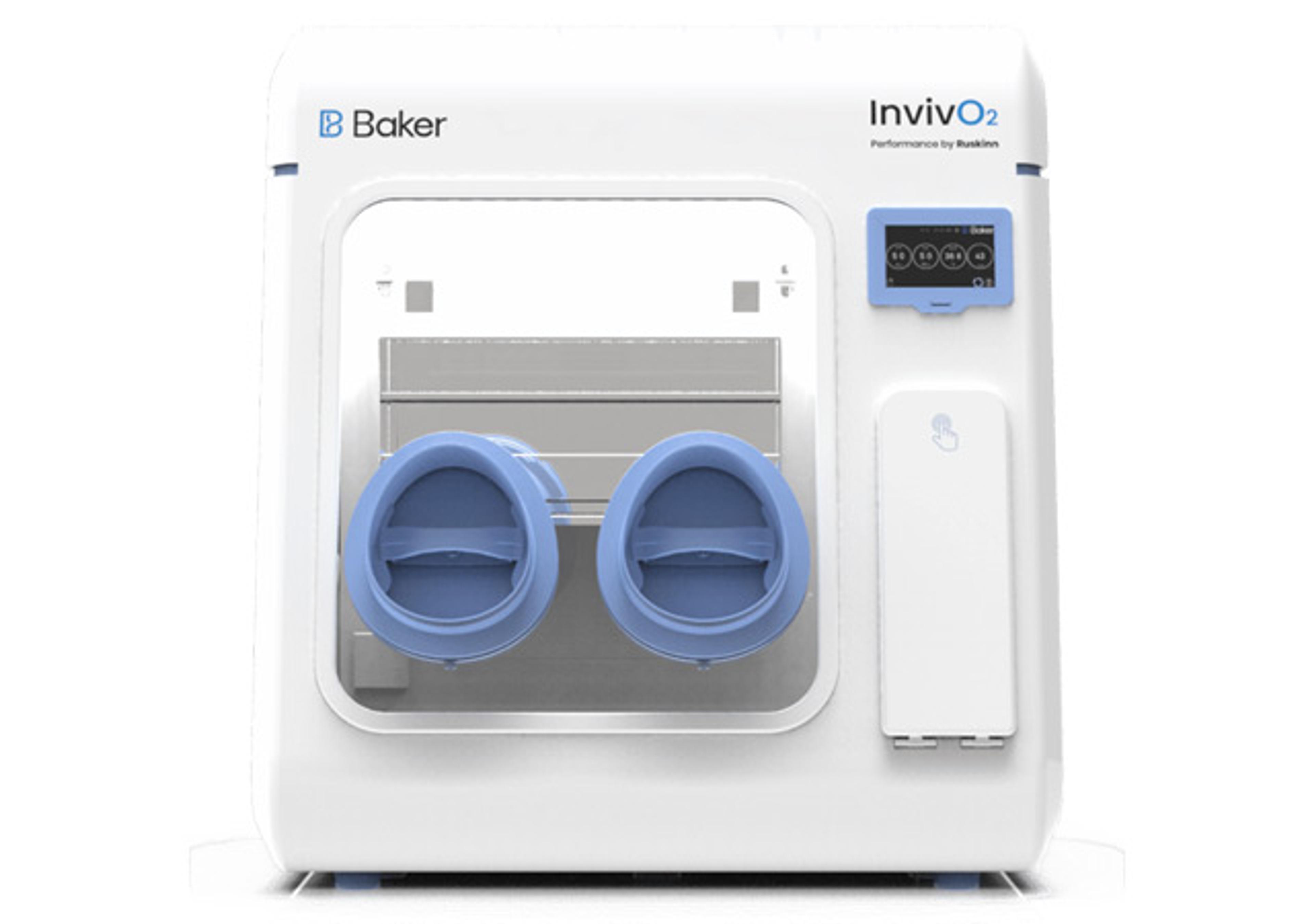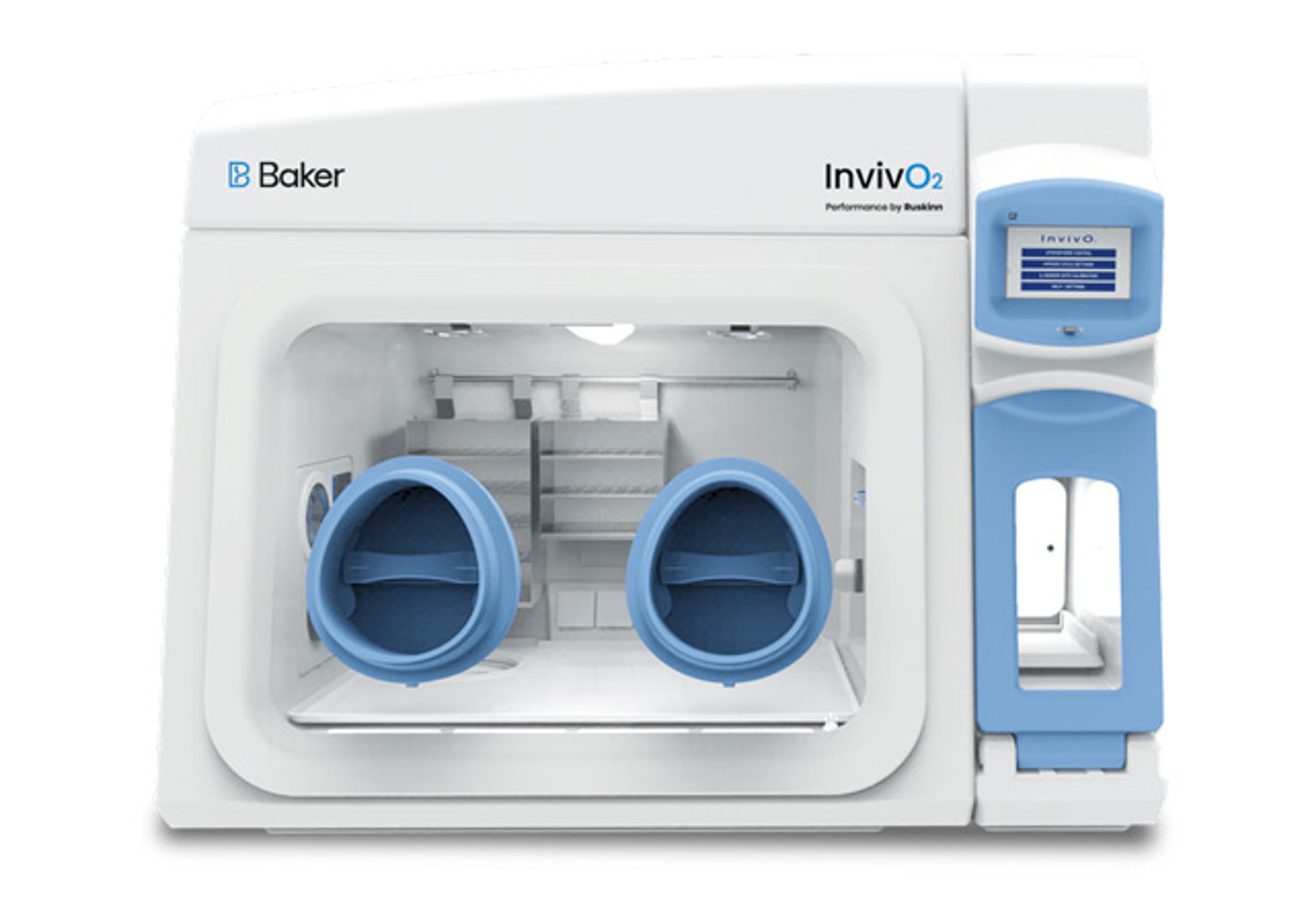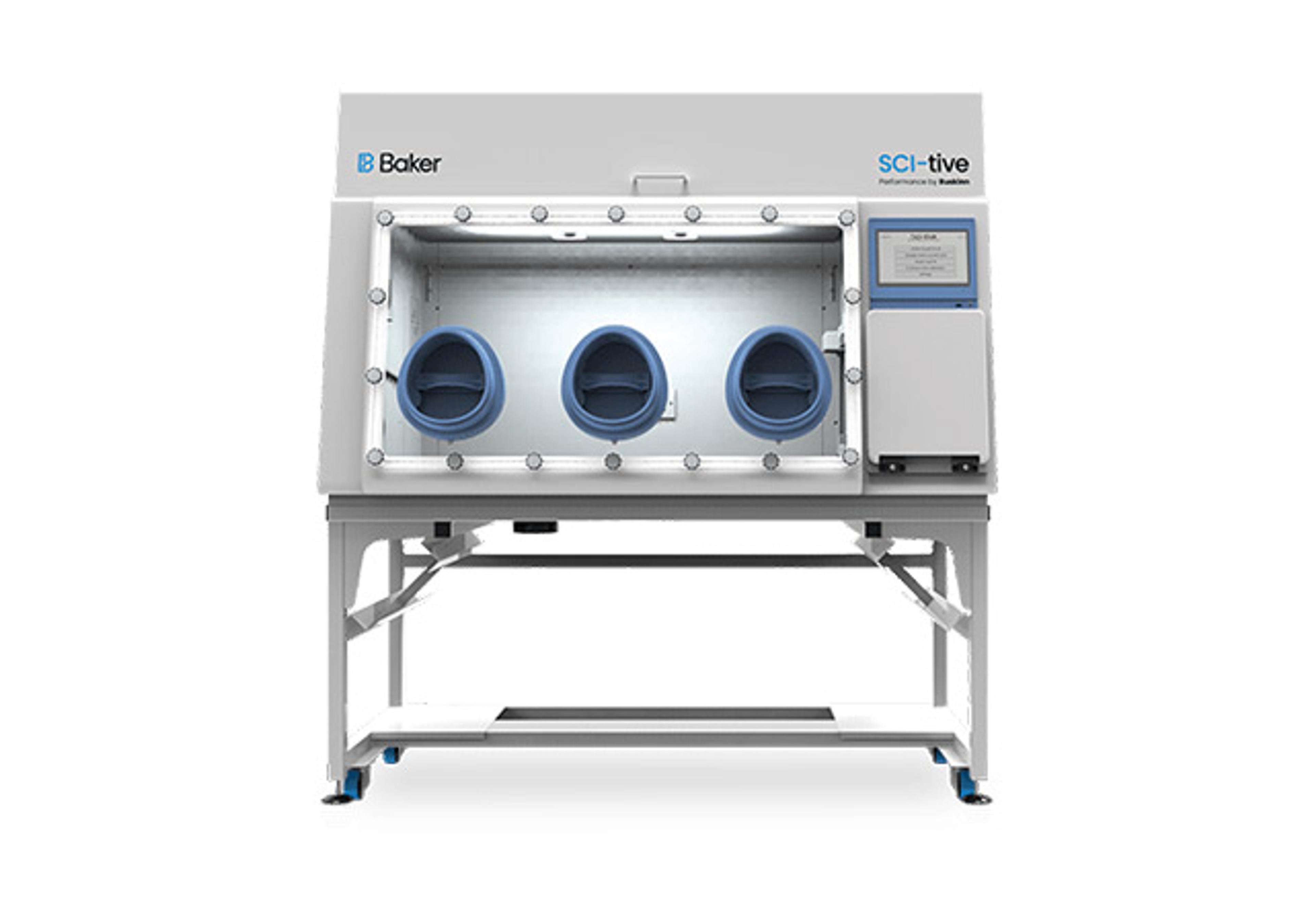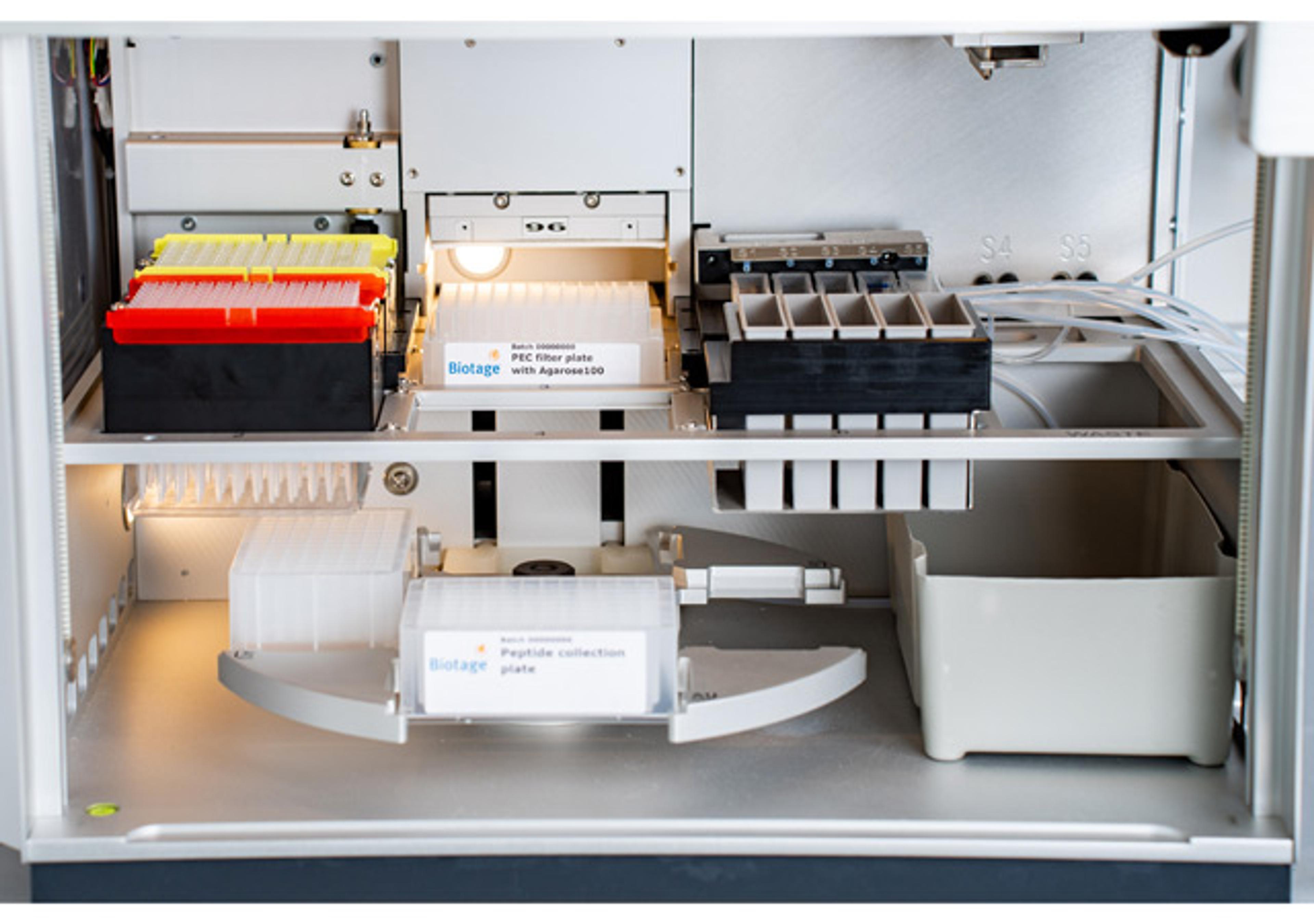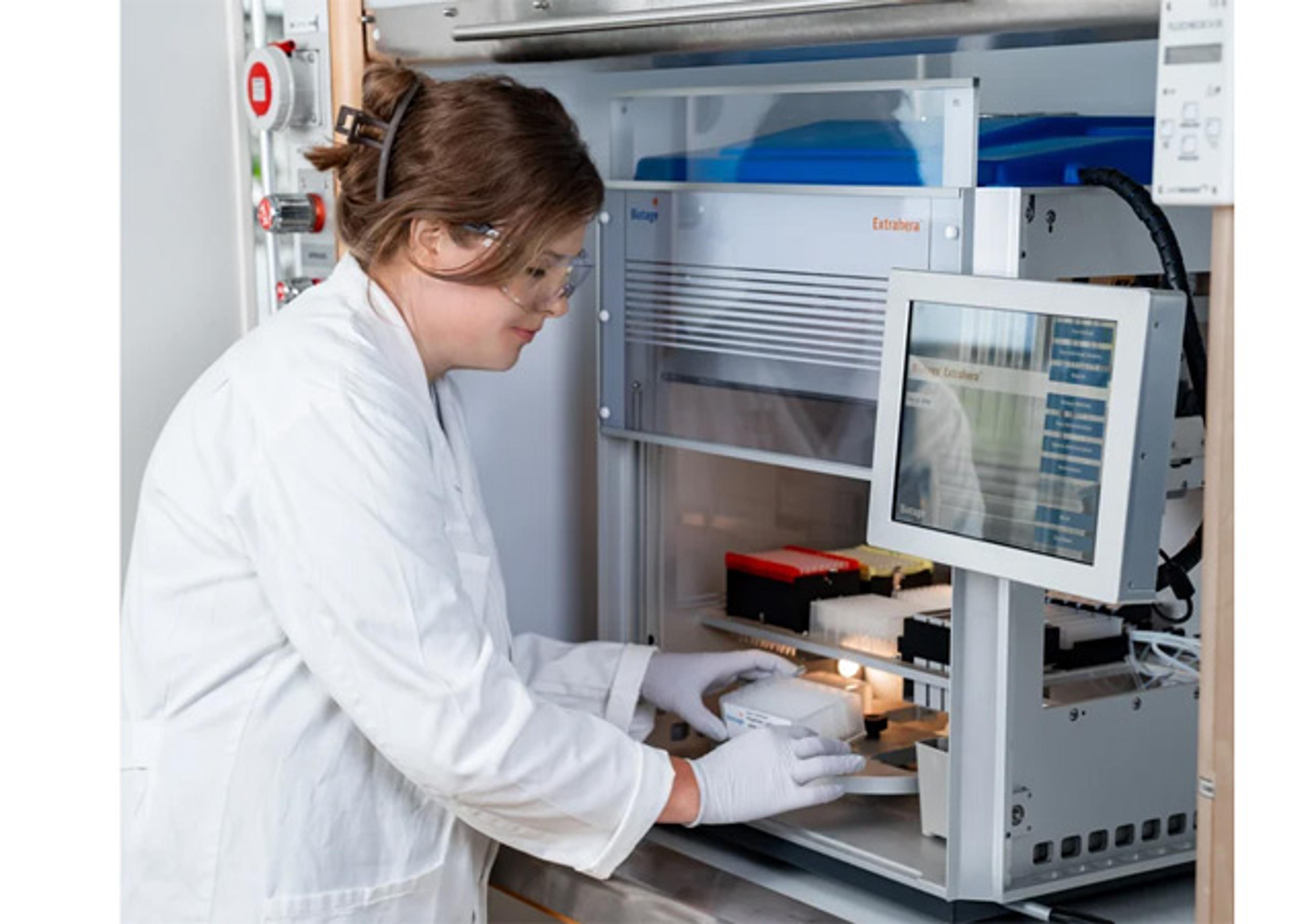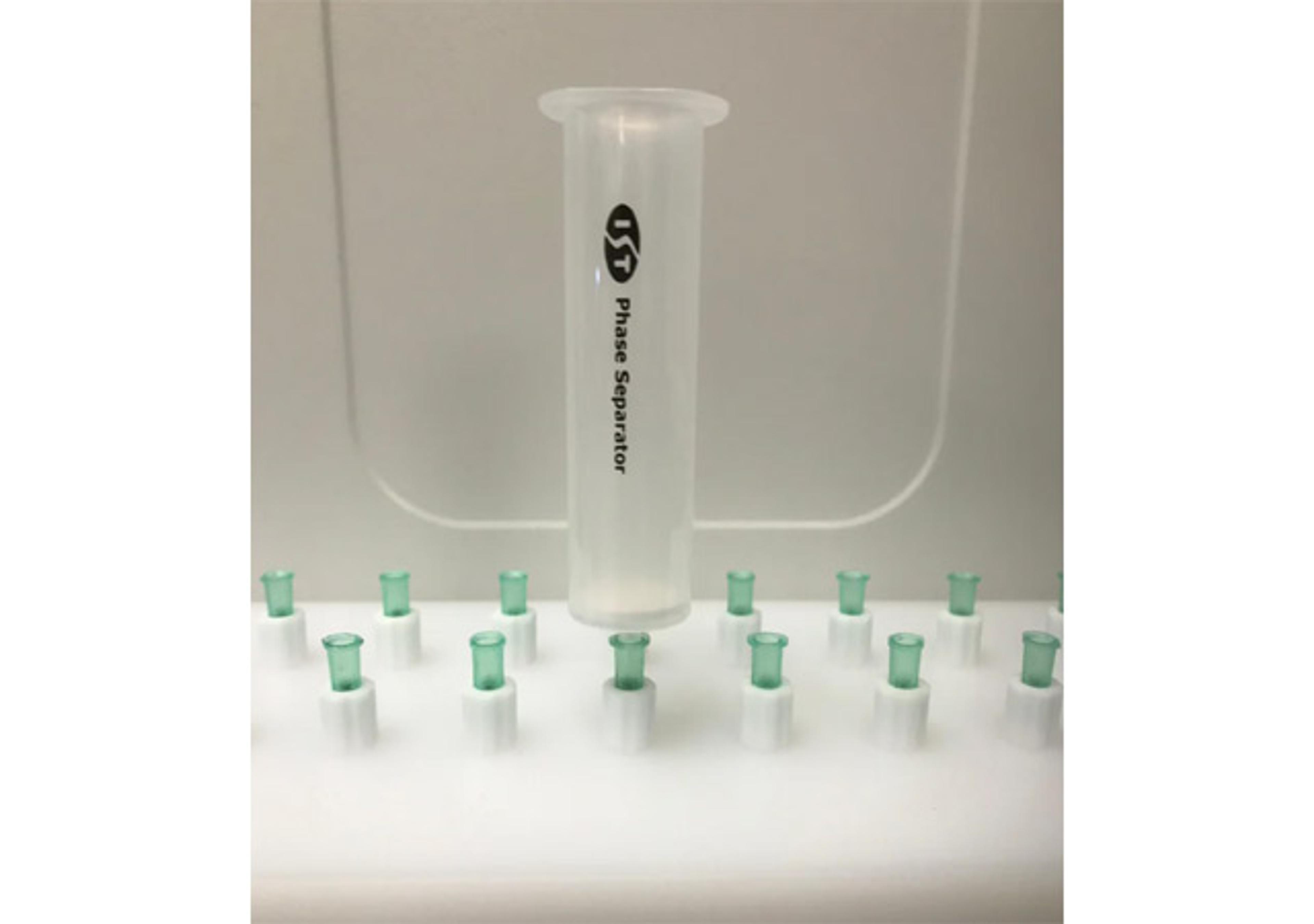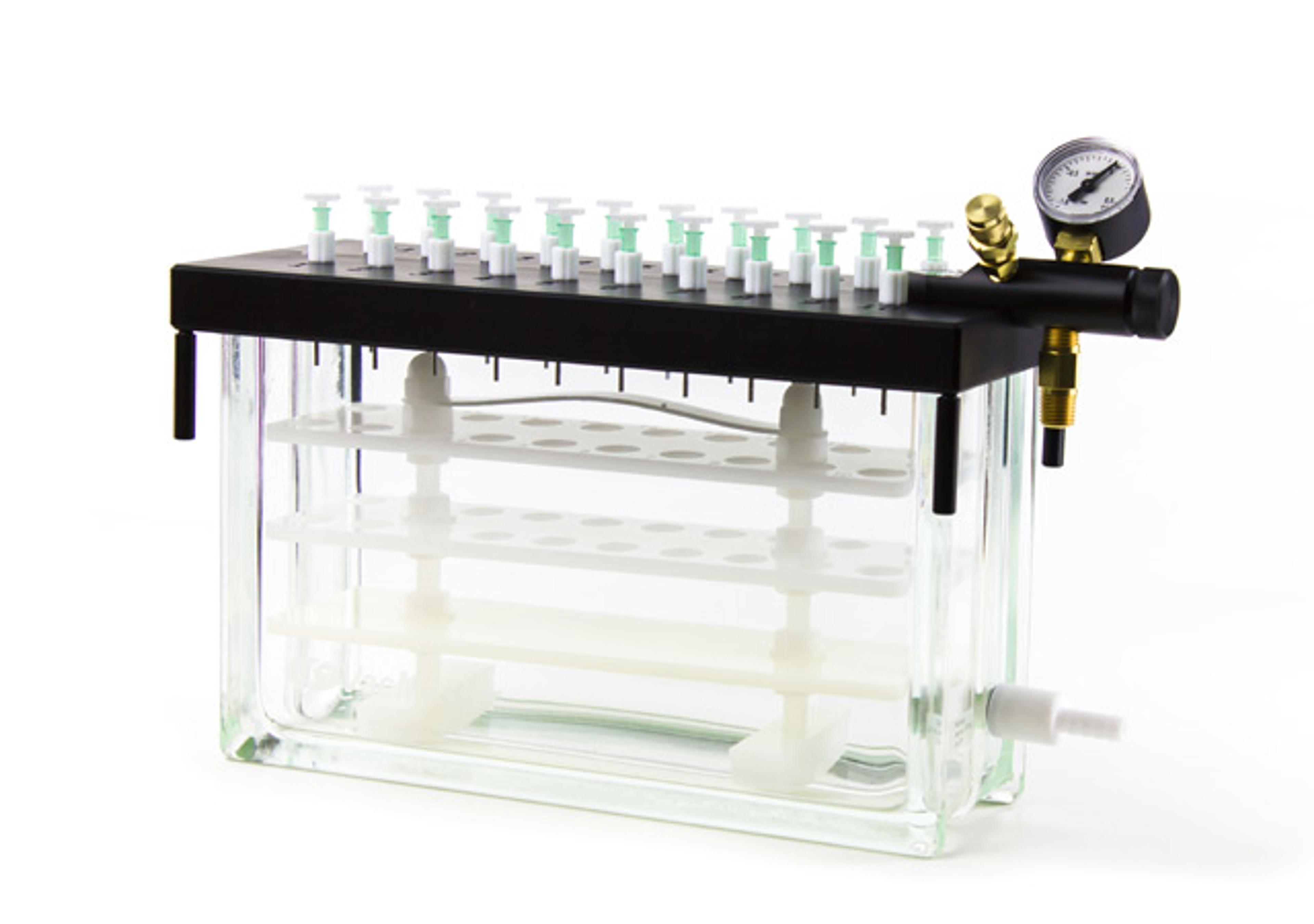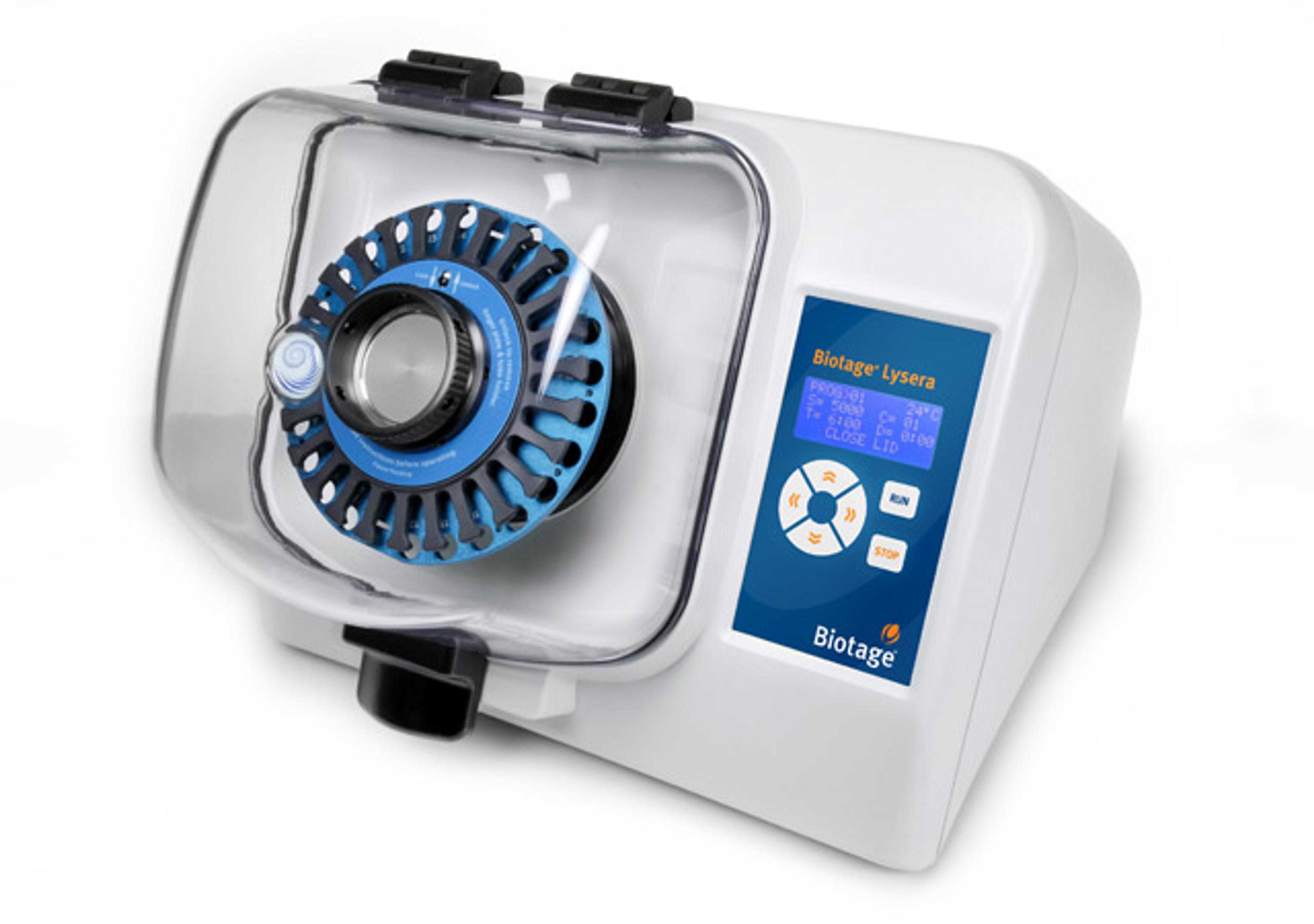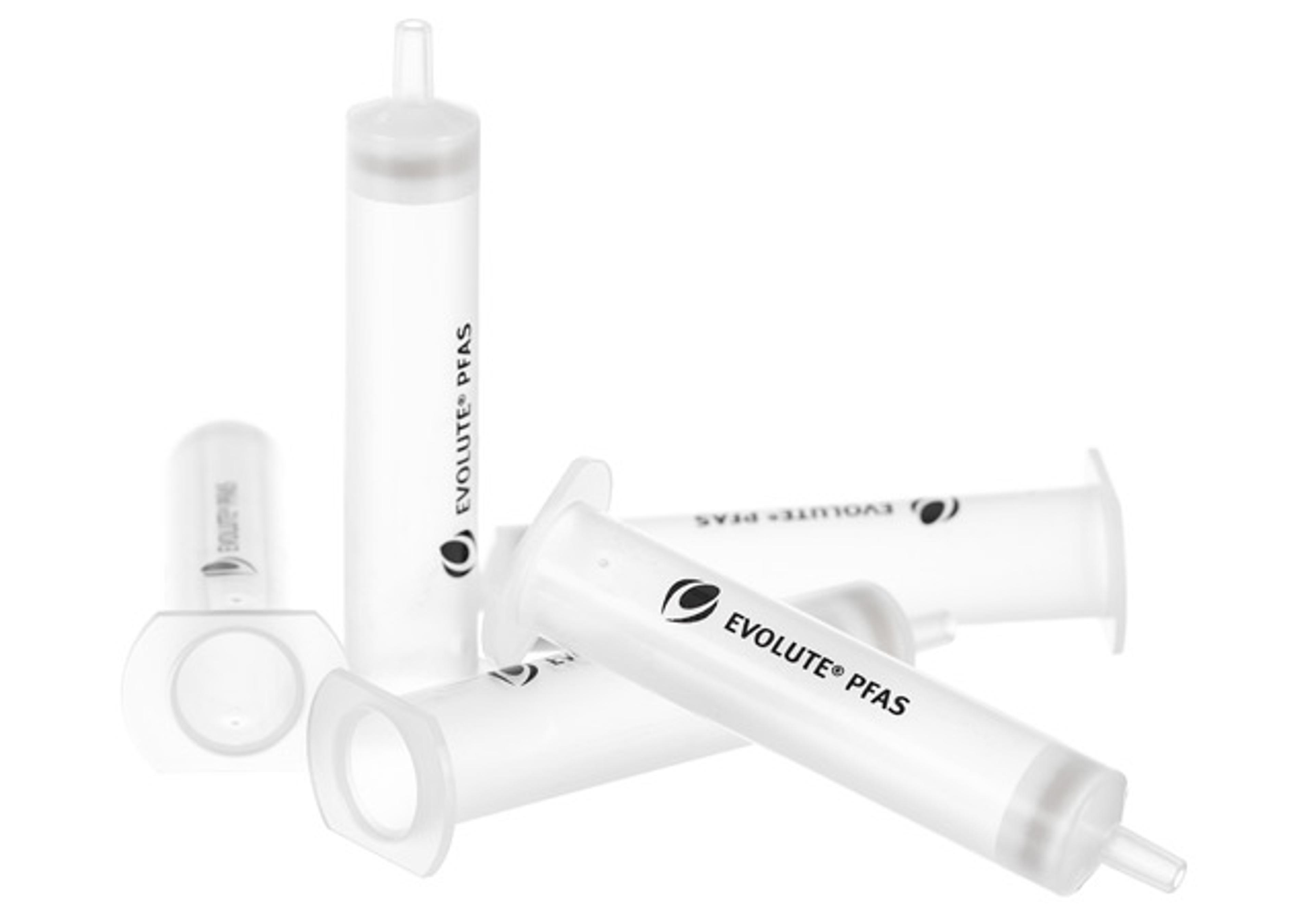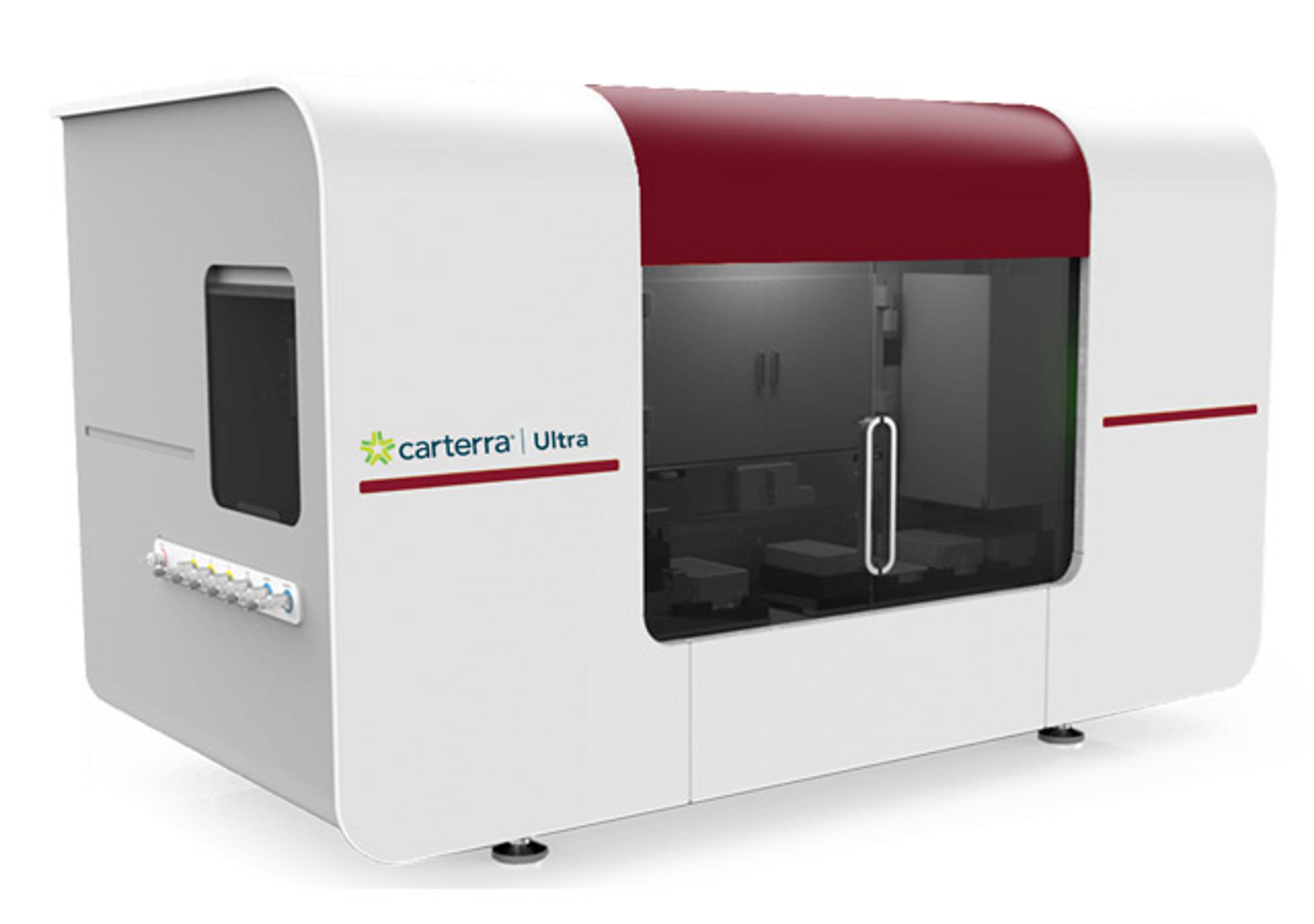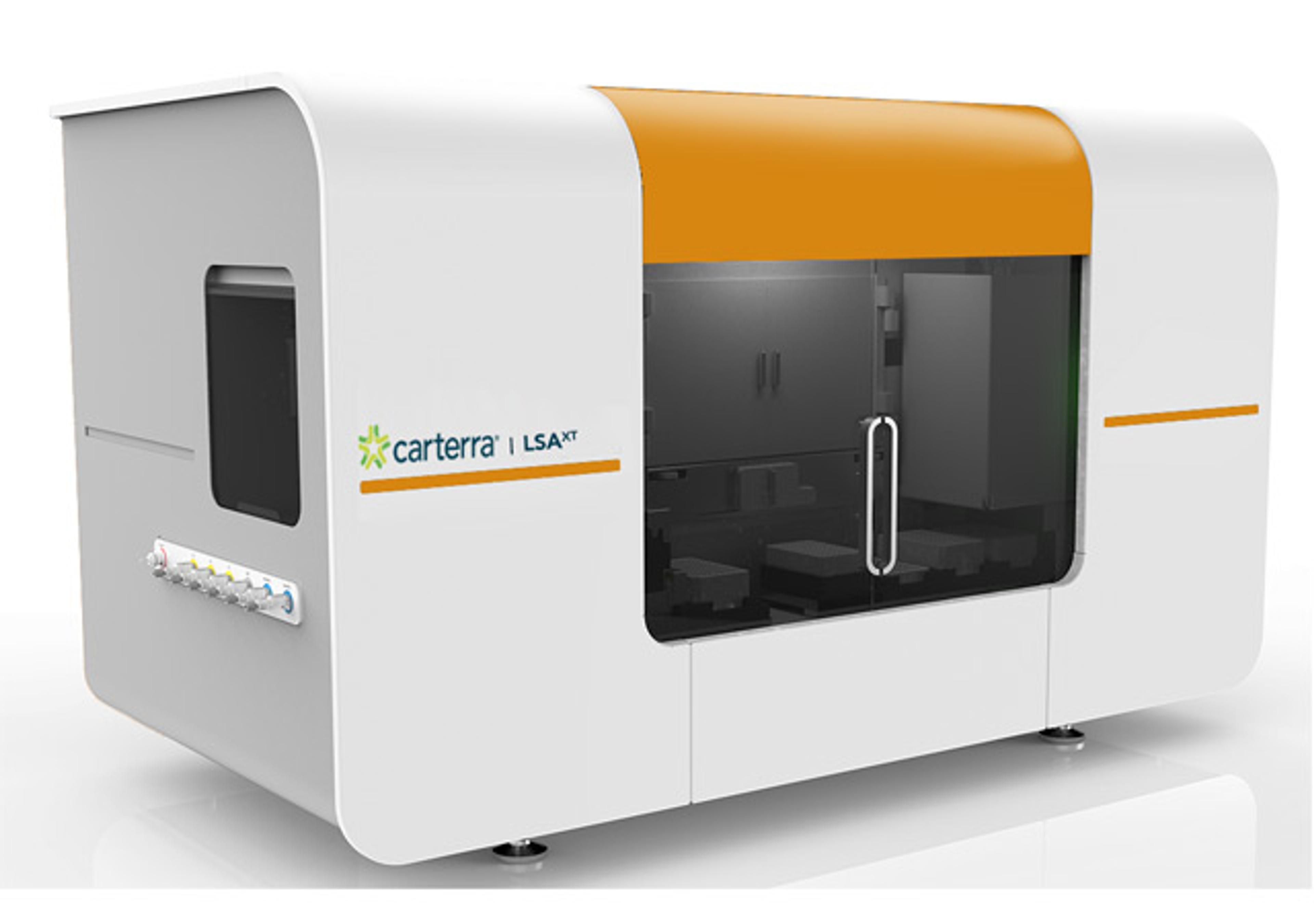Recombinant Human IGF-I/IGF-1, CF
R&D Systems Recombinant Human IGF-I/IGF-1, CF Insulin-like growth factor I, also known as somatomedin C, is the dominant effector of growth hormone and is structurally homologous to proinsulin. Human IGF-I is synthesized as two precursor isoforms with N- and alternate C-terminal propeptides. These isoforms are differentially expressed by various tissues. Specifications and Use of R&D Recombinant Human IGF-1 / ICF-1, CFSource…

The supplier does not provide quotations for this product through SelectScience. You can search for similar products in our Product Directory.
R&D Systems Recombinant Human IGF-I/IGF-1, CF
Insulin-like growth factor I, also known as somatomedin C, is the dominant effector of growth hormone and is structurally homologous to proinsulin. Human IGF-I is synthesized as two precursor isoforms with N- and alternate C-terminal propeptides. These isoforms are differentially expressed by various tissues.
Specifications and Use of R&D Recombinant Human IGF-1 / ICF-1, CF
Source of R&D IGF-1
• A DNA sequence encoding the mature IGF-I protein (Humbel, R.E. 1984, Jin Li CH (ed.) Hormonal proteins and peptides, vol. 12, Academic Press, NY, p.57) was expressed in E. coli.
Molecular Mass
• The purified recombinant protein contains 70 amino acid residues and has a predicted molecular mass of approximately 7.5 kDa.
Purity
• > 97%, as determined by SDS-PAGE and visualized by silver stain.
Endotoxin Level
• < 1.0 EU per 1 μg of the cytokine as determined by the LAL method.
Activity of R&D IGF-1
• Measured in a serum-free cell proliferation assay using the human cell line MCF-7 (Karey, K.P. et al., Cancer Research, 1988, 48:4083).
• The ED50 for this effect is typically 0.3 - 1.5 ng/mL.
Formulation
• Lyophilized from a 0.2 μm filtered solution in PBS.
Reconstitution of R&D IGF-1
• It is recommended that sterile phosphate-buffered saline be added to the vial to prepare a working stock solution of no less than 100 μg/mL. The carrier-free protein should be used immediately upon reconstitution to avoid losses in activity due to non-specific binding to the inside surface of the vial. For long term storage as a dilute solution, a carrier protein (e.g. 0.1% HSA or BSA) should be added to the vial.
Storage of R&D IGF-1
• Lyophilized samples are stable for up to twelve months at -20° C to -70° C.
Storage
• Upon reconstitution, this cytokine can be stored under sterile conditions at 2° - 8° C for one month or at -20° C to -70° C in a manual defrost freezer for three months without detectable loss of activity.
• Avoid repeated freeze-thaw cycles.

